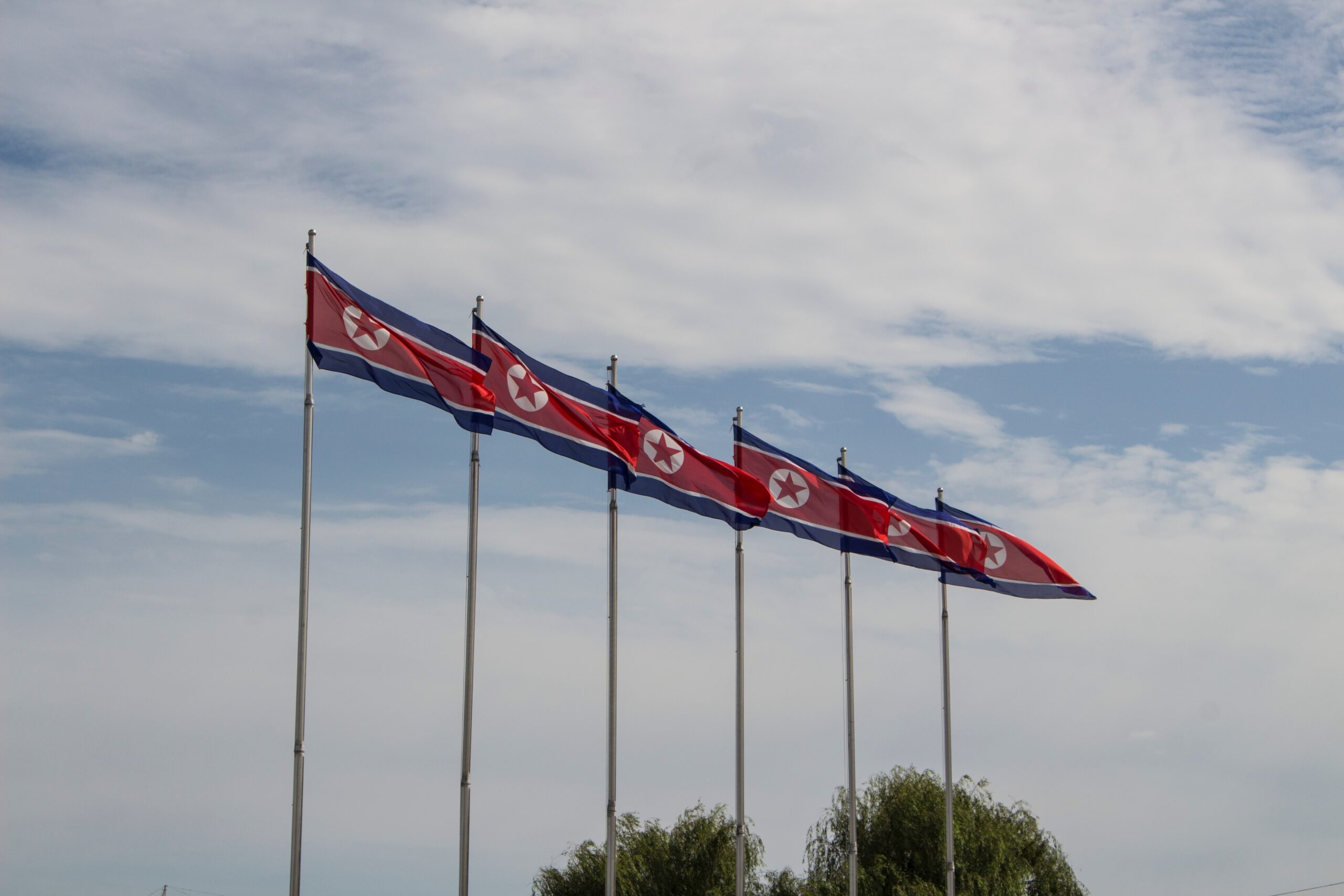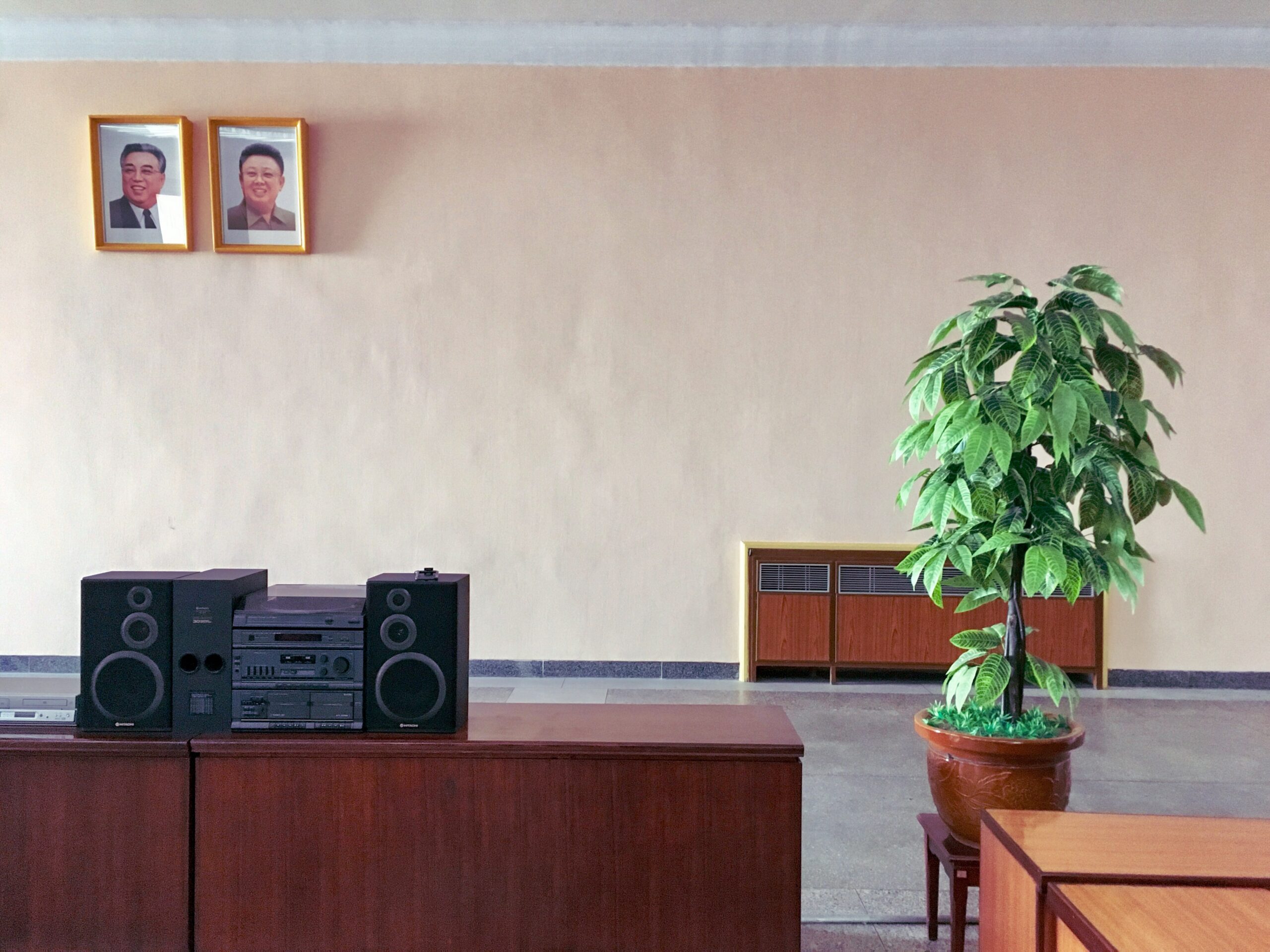What Journalists Missed About Kim Jong Un Becoming President
Martin Weiser
On February 16, South Korean lawmakers were briefed by the National Intelligence Service (NIS) that recently Kim Jong Un’s state title was changed from “Chairman of the State Affairs Commission” (SAC) in English translations to “President of the State Affairs of the DPRK.” Journalists then rushed to turn this into news. But instead of high-level intelligence the NIS only forwarded what had been publicly available information for weeks, South Korean and international journalists alike just had failed to notice. They also did a poor job at researching the facts after they were made aware and, not surprisingly, offered only a very limited interpretation of what had happened.
This example showcased the shortcomings of North Korea journalists and the academic community as far as it was interviewed. Their North Korea could be understood through reading a single media outlet with the only frame of reference being the abnormality of the country’s political system that needed to be “normalized.” As the Asia Times concluded on February 20, “consensus of commentary […] was that Kim’s adoption of the title ‘president’ is a tactic to make him appear more normal in the eyes of the global community.” That the original change in Korean happened months ago was missed, while alternative explanations like an ongoing campaign to boost Kim’s standing since early 2020 or an upcoming constitutional change to formally make him president instead of just chair of a state institution were outside of their imagination.

Photo by Micha Brändli on Unsplash
The problem started with journalists failing to pin down when the phrase had showed up first. With the exception of Tongil News, all major outlets covering North Korea from Yonhap to Asia Times to Korea Times only referenced North Korea’s Central News Agency (KCNA). KCNA began to use this translation only on February 11 as Kim’s state title was not mentioned by the outlet for weeks. But it was, in fact, used already since January 29 on the website of the Foreign Ministry without any outlet except the small NoCutNews correctly catching this. Tongil News had not used the search function of the website, but instead just checked reports on Kim Jong Un’s activities for the change.
There were other smaller North Korean outlets besides the foreign ministry that used that term before KCNA like Naenara or Voice of Korea. But journalists also ignored those in an unhealthy focus on the state news agency. Similar to their inability in May 2020 to catch past newspaper articles on Kim Il Sung not able to teleport, journalists did not bother to check the small number of North Korean websites and their limited content. Even the BBC claimed KCNA had covered it first and reminded readers that this title originally had been reserved for Kim Il Sung. But it forget to mention that Kim Il Sung and his grandson used completely different titles in Korean – jusok and kungmu wiwonjang, respectively. For the North Koreans, Kim Il Sung was not in the slightest purged of his “eternal presidency” contrary to what the BBC report implied.
Change was visible even earlier by mid-January when the Pyongyang Times suddenly used the phrase “Chairman of State Affairs of the DPRK” for two days right after the party congress that had just handed Kim Jong Un another new title, General Secretary of the Workers’ Party of Korea. Changing chairman to president was only a belated tweaking of the newly sanctioned translation approved during the congress.

Photo by Thomas Evans on Unsplash
But again, this change in translation only reflected a change in Korean made already a month before. Since the death anniversary of Kim Jong Il on December 17, 2020, North Korean media has dropped references to the formal state title of the leader in Korean using only the shortened variant. References to kungmu wiwonhoe wiwonjang as included in the constitution completely vanished from media. It is quite telling a Pyongyang watcher on Twitter could catch this the day when it happened, but dozens of professional journalists without the language barrier that are paid to read North Korean media every day did not. This shorter version had been used sporadically since the death anniversary in 2016 and South Korean and other journalists appear to have disregarded it as a variant without any importance in itself. YonTongTV of Yonhap News, for example, still introduced the various titles of Kim Jong Un in early February without seeing a need to explain that the SAC title comes in a long and short version or that only the short version has been used recently.
There also was no mention in reporting that this change in the title spilled to the constitution, something BBC’s Shreyas Reddy had raised publicly only on Twitter. Kim Jong Un now is the president of the State Affairs Commission instead of its chairman according to the official translation provided by Naenara, the website of North Korea’s Foreign Language Publishing House. That Choe Ryong Hae, officially North Korea’s No. 2, was demoted from “president” of the parliament’s presidium to its “chairman” in the constitution was not caught, but a Yonhap journalist weeks later noticed that a report on February 11 featured the new translation.
While the problems of North Korea studies and journalism have been raised frequently, examples like this show how fundamental the issue is to the general understanding of the other side of Korea. At the same time, they also reveal how better accessibility to North Korean content for the average journalist might solve them partially. Partially because they still need to contextualize what they find instead of falling for shallow narratives. That Kim Jong Un now is president in translation might, in fact, hint at further changes to the political system. When the parliament met in January, no appointments to the SAC were announced although several of its members retired or were replaced at the preceding party congress. Making no new appointments would make sense if the days of the SAC are numbered and the leadership is just waiting for a favorable date in North Korea’s political calendar to abolish the SAC or reorganize it under a new name.
Author biography
Martin Weiser received his M.A. in political science from Korea University, Seoul, in 2014. He focuses on North Korean political history, media and law and regularly comments from Seoul on the shortfalls of North Korean studies, journalism and analysis.




Recent comments